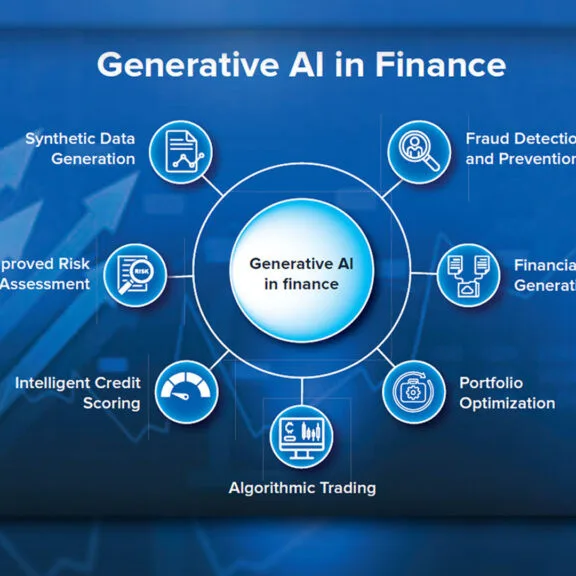In a robust exploration of AI’s impact on the financial sector, several sources highlight the rapid advancements and the strategic transformations driven by Artificial Intelligence (AI). According to a report from KPMG titled ‘AI in Finance’, it underscores a global study presented in a detailed format, which emphasizes that 90% of financial institutions believe that AI will be a significant enabler for their business models over the next few years. The report reveals not only the high expectations associated with AI but also the apprehensions concerning regulatory and ethical implications. It notes that banks and investment firms across the globe are grappling with how to integrate AI effectively. ‘To remain competitive, organizations must leverage AI-driven analytics and machine learning for real-time decision-making,’ stated a KPMG spokesperson. Meanwhile, another analysis from The Banker emphasized that AI infrastructure will shape the financial institutions of the future, indicating a shift towards a more data-driven approach. Analysts have projected that investments in AI technologies by financial institutions are expected to reach $70 billion by 2025. Forbes further elaborates on this transformation, discussing that AI is poised to optimize customer service and improve operational efficiencies, which could lead to significant cost reductions. The aggregated insights indicate a unified belief in AI as both a tool for innovation and a source of competitive advantage, transforming traditional banking paradigms into modern, efficient financial ecosystems.
The Future of Finance: How AI Infrastructure is Transforming Financial Institutions











